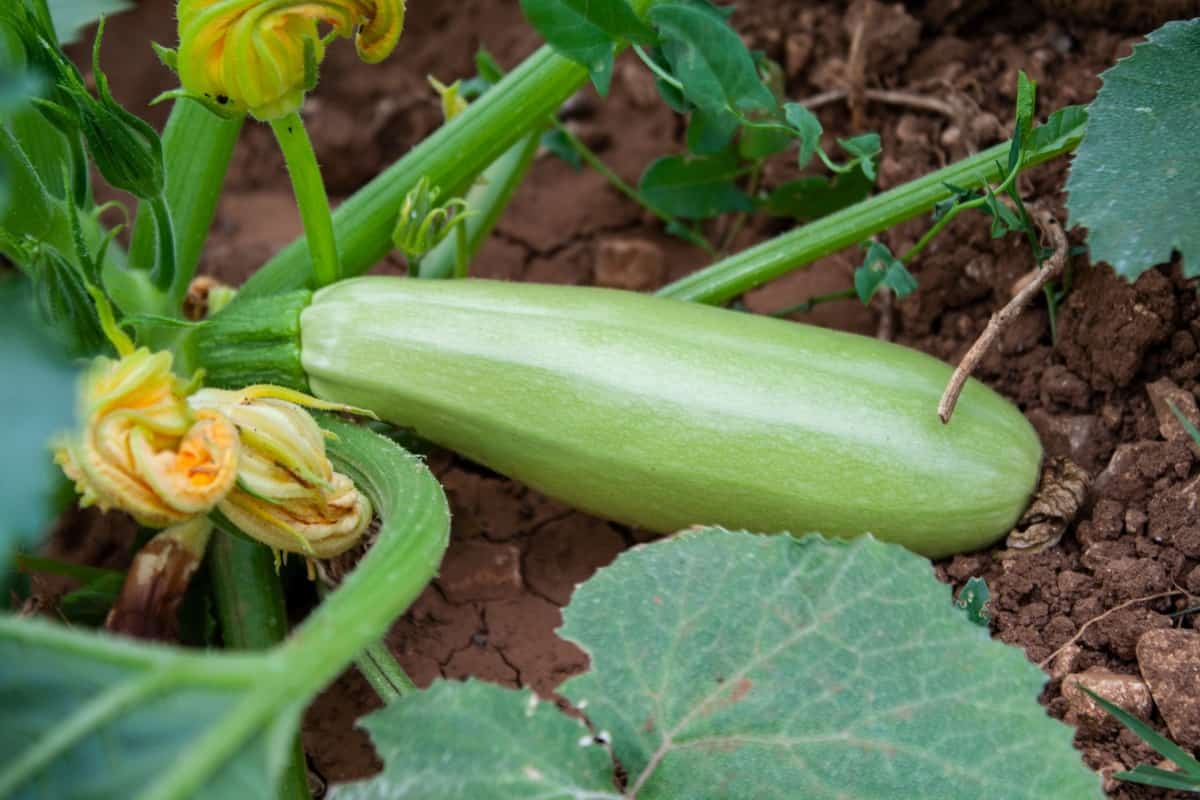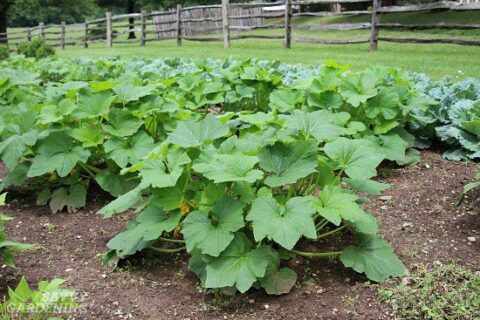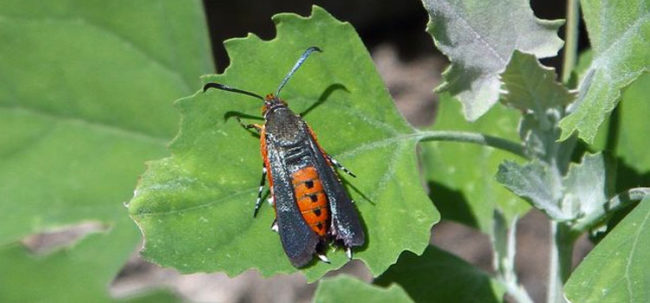
Zucchini and other soft-skinned summer squashes are usually pretty easy to grow. But, gardeners do sometimes face struggles with these productive crops. Perhaps your vines stopped producing in mid summer? Or the fruits were small or deformed? Or maybe your plants simply died before producing any fruits? If you found yourself asking why zucchini growing problems struck your garden, this solution guide is for you.
Top 10 zucchini growing problems
Here are ten reasons why you may have faced zucchini growing problems in the past, and tips for making sure these issues don’t happen again.
Zucchini problem : Improper variety selection.
Not all zucchini varieties perform the same. Some are more productive than others, and some are more disease- and pest-resistant. First and foremost, when selecting zucchini varieties for your garden, be sure to seek out disease and pest resistance whenever possible. Varieties with a high level of natural resistance often perform better and produce longer. ‘Tigress’, ‘Green Machine’, ‘Burpee Golden Glory’, and ‘Yellow Fin’ are great choices.

Zucchini problem : Squash vine borers.
One of the biggest zucchini growing problems is a pest known as the squash vine borer. Adult vine borers are day-flying moths that are black and red with dark wings. They’re fast flyers, so gardeners don’t often spot them. The damage caused by their larvae, however, is difficult to miss. Squash vine borer larvae feed inside the main stem of the plant, hollowing it out and eventually causing plant death. You’ll see crumbly, sawdust-like waste collected below a small hole at the base of the plant. To prevent squash vine borers, protect the lower portion of the stem with a wrap of aluminum foil , or cover the plants with floating row cover until they come into bloom to keep the female moths away from egg-laying sites.

Zucchini problem : Poor pollination.
Zucchini and other squash are insect pollinated, meaning a bee, beetle, or other pollinator is needed to move the pollen from a separate male flower over to a female flower. If there aren’t enough pollinators present, puny or deformed fruits are the result. If your zucchini are mal-formed and stubby on the blossom end, poor pollination is the most pressing of your zucchini growing problems. To improve pollination rates, plant lots of flowering herbs and annuals in and around your zucchini patch. You can also hand-pollinate the vines by using a paintbrush or your fingertip to transfer pollen from the male flowers to the females. Another option is to plant a parthenocarpic variety that doesn’t require pollination to set fruit, such as ‘Easypick Gold’, ‘Partenon’, or ‘Cavili’.

Zucchini problem : Powdery mildew.
Powdery mildew is among the most pervasive fungal diseases when it comes to vine crops like zucchini. This pathogen makes the leaves appear to be covered in a talcum powder-like coating. Though it’s primarily an aesthetic issue, severe cases can lead to reduced photosynthesis and reduced production. To overcome powdery mildew, space plants properly – give each one plenty of room so air can circulate and dry off wet foliage. Plant only resistant varieties, such as ‘Anton’, ‘Dunja’, ‘Astia’, and ‘Emerald Delight’, to help combat powdery mildew which is one of the most tenacious zucchini growing problems. Organic fungicides based on potassium bicarbonate (such as GreenCure and BiCarb) are effective as preventatives, as are those based on Bacillus subtilis (such as Serenade).
Zucchini problem : Squash bugs.
When it comes to insects that attack squash, none are more difficult to control than squash bugs. These shield-shaped, brown insects suck out plant juices with their needle-like mouthpart, causing stippling, yellowing, and browning of the leaves.
The best way to manage squash bugs is to head to the garden every day and inspect the top and bottom of your zucchini leaves for clusters of bronze-colored, football-shaped eggs. Squash bugs are resistant to most pesticides, but very young nymphs can be controlled with applications of insecticidal soap or horticultural oil.
Zucchini problem : Poor soil.
Zucchini doesn’t require excessively nutrient-rich soil, but it does perform best in soils that are high in organic matter with a soil pH around 6.5. If your pH is too far off that target mark, the plants may fail to produce quality fruit because the soil pH affects the availability of many different nutrients . You can also prevent many zucchini growing problems related to the soil by limiting the amount of nitrogen you add to your garden. Excessive nitrogen produces a lot of green leaves, often at the expense of good fruit production. Use only balanced, organic fertilizers on your zucchini patch and test your soil every few years to ensure it’s healthy and well-balanced.
Zucchini problem 7: Lack of water.
Zucchini growing problems can also stem from irregular soil moisture levels. If plants are allowed to dry out between waterings, fruit production can be negatively impacted. Drought stress is never good for vegetable crops, and zucchinis require consistent, even soil moisture throughout the growing season. If Mother Nature doesn’t supply your garden with at least one inch of water per week, it’s your job to add supplemental irrigation to prevent any possible issues. A 2-3 inch thick layer of mulch helps stabilize soil moisture levels and can reduce the need to irrigate during the hot summer months.
